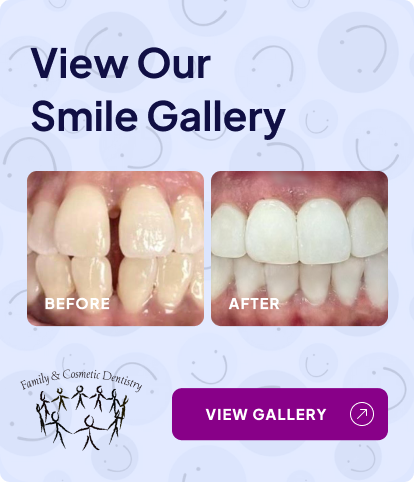Aftercare Instructions for Oral Procedures
Proper post-operative care is essential for ensuring optimal healing and reducing the risk of complications after oral surgery. Here are some general guidelines to follow after common dental procedures:
**Root Canal Therapy:**
– Expect some soreness for a few days after the procedure.
– Avoid chewing on the treated side of your mouth to prevent irritation and allow the temporary restoration to set.
– Take prescribed antibiotics to treat any remaining infection.
– Contact your dentist if you experience increasing pain, tenderness, or notice any issues with the temporary restoration.
**Crowns and Bridges:**
– Be cautious with temporary restorations, as they are less sturdy than permanent ones.
– Brush the area gently and avoid pulling up on the tooth when flossing.
– Expect some sensitivity and irritation, which should subside as the tissues heal.
– If discomfort persists, rinse with warm salt water and take over-the-counter pain relievers as needed.
**White Fillings (Bonding):**
– Avoid hot and cold foods or drinks for the first few days after anesthesia wears off.
– Maintain your regular oral hygiene routine to ensure the longevity of the fillings.
**Scaling and Root Planing:**
– Rinse your mouth with warm salt water multiple times a day to relieve pain and cleanse the area.
– Brush and floss gently to avoid further irritation.
– Use a cold compress and pain relievers for swelling or discomfort.
– Stick to soft foods for a few days to aid in proper healing.
**Veneers:**
– Handle temporary restorations with care, avoiding sticky or chewy foods.
– Expect some sensitivity and adjustment period after permanent placement.
– Notify your dentist if your bite feels abnormal or if you experience persistent discomfort.
**Extractions:**
– Rest after surgery and avoid lying flat to prevent prolonged bleeding.
– Change gauze as needed to control bleeding, and use ice packs for pain relief.
– Consume only soft foods and avoid straws and smoking to promote clotting.
– Contact your dentist if you experience prolonged pain, bleeding, or any signs of infection.
Remember, these are general guidelines, and your dentist will provide specific instructions tailored to your individual needs. For any concerns or follow-up appointments, don’t hesitate to reach out to your dental provider.




